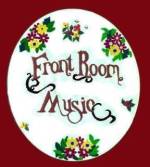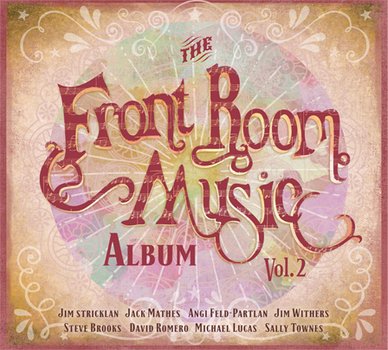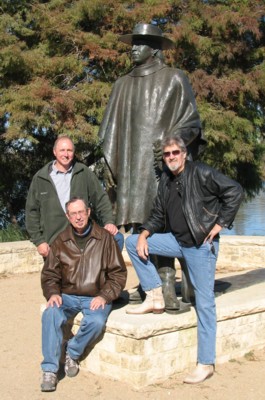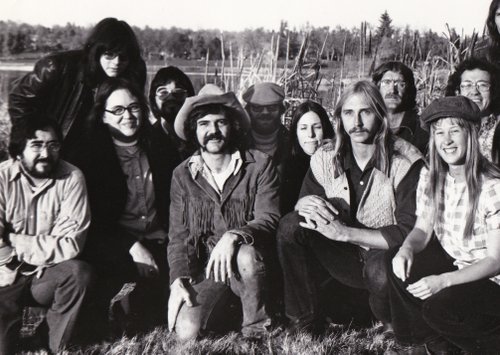
Front Room Music site
Front Room Music site
for this CD
for this CD
for this CD

|
|
Home
Front Room Music site |
|
Home
Front Room Music site |
|
Credits
for this CD |
|
Liner Notes
for this CD |
|
Reviews
for this CD |
FRONT ROOM MUSIC CATALOG
FRONT ROOM MUSIC ALBUM VOLUME 2
Songwriter compilation - click on the artist's name for bio and photo.


 (PHOTO: A space in time - Sloan's Lake, Denver 1974, by Gary Jeter, includes several Front Room Music "founding family" members - front row kneeling left to right: David Romero, Jim Withers in hat and fringe coat, Jack Mathes; back row left: John Ryland; back row right: Steve Brown and Jim Stricklan. Withers and Mathes appear on FRMV2. Romero and Stricklan appear on FRMV1 &V2. Brown appears on FRMV1.)
(PHOTO: A space in time - Sloan's Lake, Denver 1974, by Gary Jeter, includes several Front Room Music "founding family" members - front row kneeling left to right: David Romero, Jim Withers in hat and fringe coat, Jack Mathes; back row left: John Ryland; back row right: Steve Brown and Jim Stricklan. Withers and Mathes appear on FRMV2. Romero and Stricklan appear on FRMV1 &V2. Brown appears on FRMV1.)